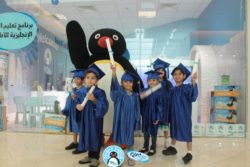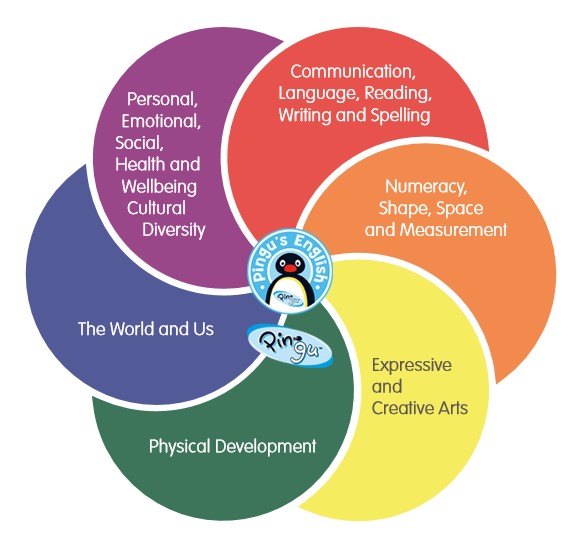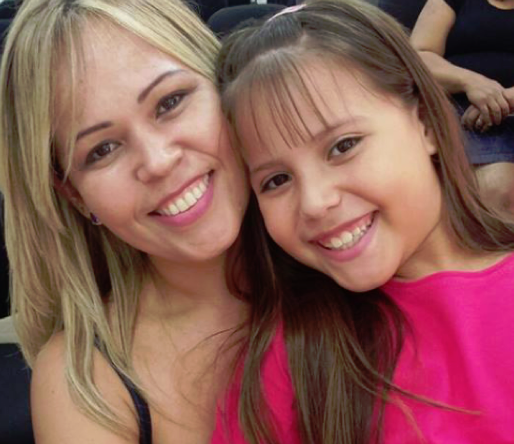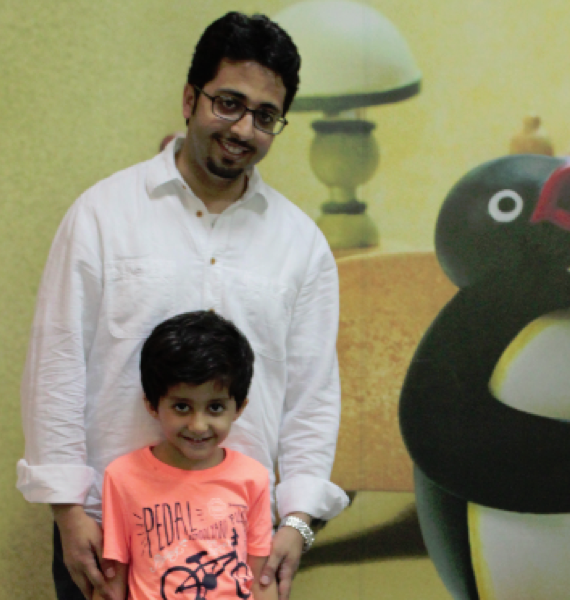English for Youth aged 11-16y
Cell: +372 58 55 27 00
Location: Pingu’s English Talinn, Liivalaia 22
YOUTH CLUB for 11-16y
Academical Year 2023/2024
Drama Club: TUE 16:30-17:00, 1h/week, 60 eur/month
It is Time to Speak: THUR 16:30-17:30, 1h/week, 60 eur/month
Drama Club: TUE 17:30-18:30, 1h/week, 60 eur/month
It is Time to Speak: THUR 17:30-18:30, 1h/week, 60 eur/month
Science Club in English: SAT 12:00-13:00, 1h/week, 60 eur/month
Science Club in English: SAT 13:30-14:30, 1h/week, 60 eur/month
Registration is Open!
tallinn@pingusenglish.ee
Phone:58552700
A Time to Speak and A Time to Listen
An illustrated Course of poetry for children and young people from age nine upwards, structured around the verses beginning, ‘There is a time for everything, and a season for every activity under heaven’ – which have had universal appeal for more than two thousand years, and are presented in full as a Prologue to the anthology.
The 100 poems included, written by over 70 different poets, reflect with thoughtfulness, candour and humour on the many contrasting themes of the verses that inspired them, for example, birth and death, weeping and laughing, love and hate.
Poems by well-known modern poets are interspersed with the work of older classics by writers such as John Donne, Edward Thomas, Thomas Hardy and John Masefield. Care has been taken to ensure that boys as well as girls will be drawn to the content – by the inclusion of narrative poems, for example – and the wide cultural appeal is enhanced by the contributions of writers such as Debjani Chatterjee and Gieve Patel. Eight poems by contemporary writers are published here for the first time – including items by Roger Stevens, Jan Dean and Nick Toczek.
As a collection, the poems will:
- improve children’s phonic awareness and fluency as readers and develop their vocabulary
- encourage children to appreciate the richness and variety of poetry – perhaps for the first time
- provide ideal opportunities for discussion and for reading aloud and performing poetry
- help children to develop new ways of exploring and understanding the world around them
- encourage emotional literacy as children encounter for the first time some of the varied ‘seasons’ of life
YOUTH DRAMA CLUB
Exploring a play
In this chapter we will be looking at different ways to explore your chosen play.
Sometimes you will be studying your set play in the classroom or at home; and
sometimes you will be in a drama studio. Wherever you are and whatever your
set task might be, you need to think of yourself as an interpreter of the text.
You need to think about what the playwright is trying to communicate to
the audience and about how a director, the actors, the designers, or a whole
production team working together, might bring the playwright’s intentions to life.
Interpreting a play
Whenever you pick up a new play to read, you become, in effect, a new
interpreter of that play. As you read, you begin to imagine what the play would
look like on stage, moving the characters around an imaginary space, in your
head; visualising the characters’ faces and expressions; imagining their movements
and ‘hearing’ their voices speaking the lines that you are reading. In fact, you are
already looking at the play with the eyes of a director.
As you read on, you mentally ‘cast’ the characters of the play to fit with the
information supplied by the playwright, either in stage directions or in the way
that the characters behave and interact with each other, imagining them as youthful
or elderly, powerful or weak, beautiful or ugly. Reading a play is always more like being
a director than being a member of an audience. The audience is always presented
with a play that has been read and interpreted for them; all the casting and staging
decisions have already been made. When reading, you are firmly in the director’s chair.
As you gain more experience of the theatre, both by reading more plays and
watching live productions, you will develop your ability to form clear mental
pictures of the characters and action. You will even begin to fill your imaginary
stage with suitable furnishings that create a location for the action in your mind;
you will begin to envisage the costumes, lighting and sound effects.
Formal UK Certification of English language achievement








 Testimonials
Testimonials




